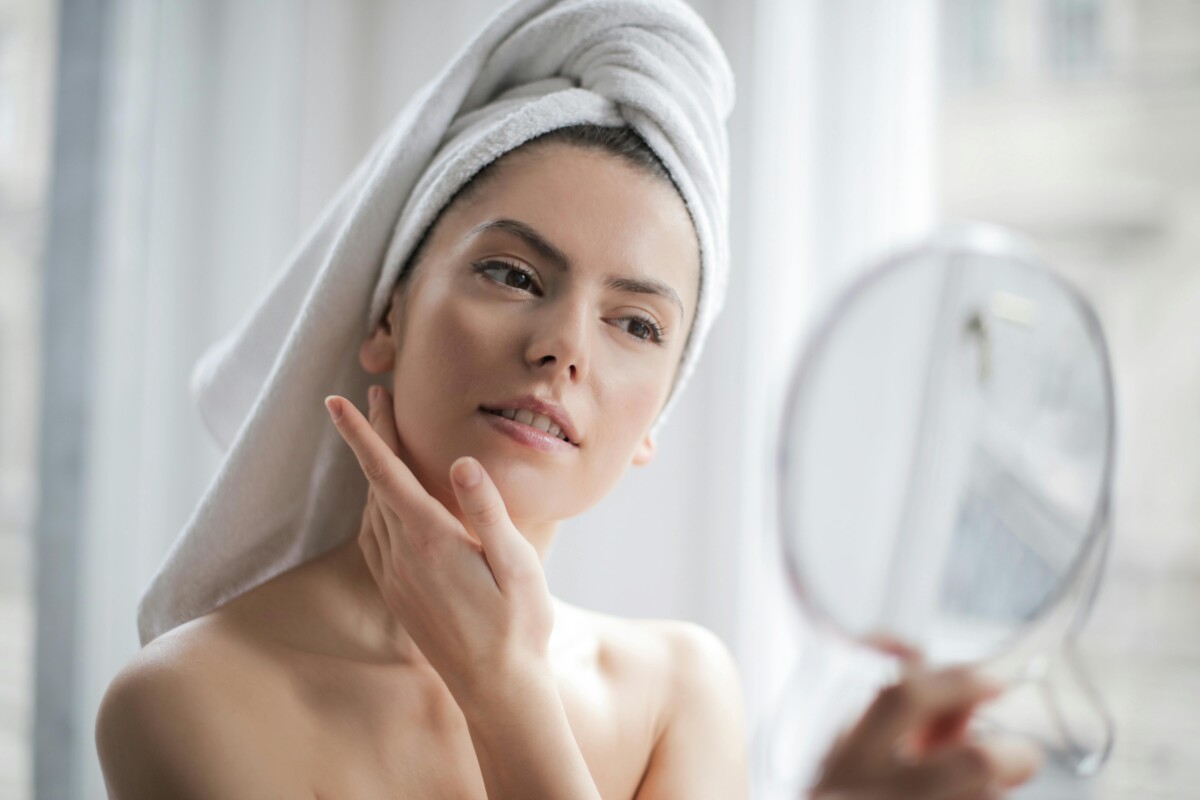No matter what makeup or fashion aesthetic you prefer, most people agree that good skin is the foundation of any good look. From adopting retinoids to the widespread appreciation for sunscreen, millions worldwide now understand the value of proper skincare. This is why the past few years have seen the global skincare market explode to the point that it’s expected to grow by nearly 9% annually for the next decade.
That said, skincare isn’t just based on using the latest products or trying the most popular techniques. Instead, well-rounded skincare that actually makes your skin healthier and more youthful-looking starts from the inside. After all, your skin is the largest organ, so it will reflect the state of your health. As such, if you want beauty that isn’t just skin deep, here are a few ways to manage your overall health in a way that benefits your skin and more.
Maintain a healthy weight
An ideal weight looks different for everyone. However, excess weight can cause health issues across the board. Case in point, when comparing the diagnosis between obese vs overweight individuals, a common theme has to do with blood sugar. Both conditions make a person more likely to develop diabetes because the higher levels of adipose tissue negatively impact how effectively glucose is regulated. In terms of skin, evidence suggests that high blood sugar can impact hormones, thereby causing the formation of acne. At the same time, blood sugar spikes can trigger premature aging via a process of glycation. In a nutshell, this is when collagen damage occurs as elevated sugar levels bind to skin proteins.
To prevent this, it helps to lose excess weight that may be putting you outside of your ideal body mass index. So as to keep this weight loss and management healthy and sustainable, adopt a balanced approach. This means avoiding any fad diets or workouts that only care about quick results. In the long run, these may even harm your skin more as it deprives you of nourishment. Instead, try incorporating a good mix of veggies, proteins, and whole grains. You should also exercise at least 175 minutes a week. This will help boost your metabolism and burn fat so you can get to a more healthy body weight.
Let go of vices
Your habits can drastically shape your wellness, and vices often leave their mark on you internally and externally. Among the most skin-impacting vices include smoking cigarettes. For starters, cigarettes affect the skin because of the chemicals they have. Many of these are toxic and airborne, which means they are inhaled into the body and won’t land on the skin when exhaled. This can cause a variety of irritations and conditions, including psoriasis and alopecia. Moreover, because cigarette smoke can cause cellular damage, it can weaken the skin’s barrier, making it more sensitive. At the very least, the tar and soot from cigarettes can cause staining and a dry, leathery appearance.
Letting go of ingrained habits can be hard, especially if it builds dependencies like cigarette smoking does. An effective way to quit this habit is to replace it with a new and more productive one. In this case, why not take this as a time to rediscover old passions? Try gardening again or picking up a beloved book. If you have the time, you can even look into new pursuits, like learning a language or joining a class. This cessation approach works on other vices, too, so you can quite easily tweak it based on your needs and lifestyle. Over time, your skin will start to feel and look better as the harmful chemicals it was exposed to are fully purged from your system and environment.
Reduce your mental stressors
Last but not least, don’t underestimate the physical effect of stress on the skin. When you’re stressed, hormones like cortisol are released. These hormones can cause inflammation and sensitivity, making your skin more reactive. In some cases, it can even make your skin so sensitive that elements, like temperature changes, can cause it to flare up. Cortisol also makes your skin overproduce oil, leading to blocked pores and breakouts. Stress can also cause you to frown, cry, or rub your face a lot, creating microabrasions and fine lines over time.
While there’s no definitive cure for stress, it does help to find activities that soothe your mind and spark joy. These do not need to be expensive or complicated, either. Something as simple as wearing an outfit that you love and feel confident in can boost your mood. Finding these realistic ways to embrace your day can help inspire you to keep going while also regulating your feelings to reduce stress effects.

